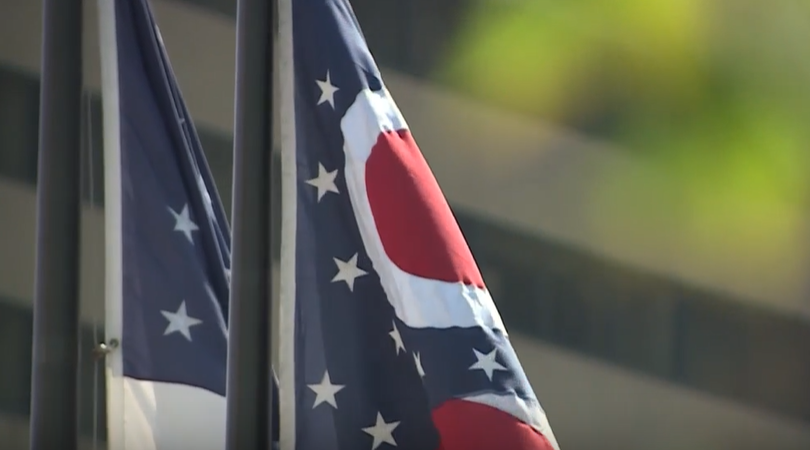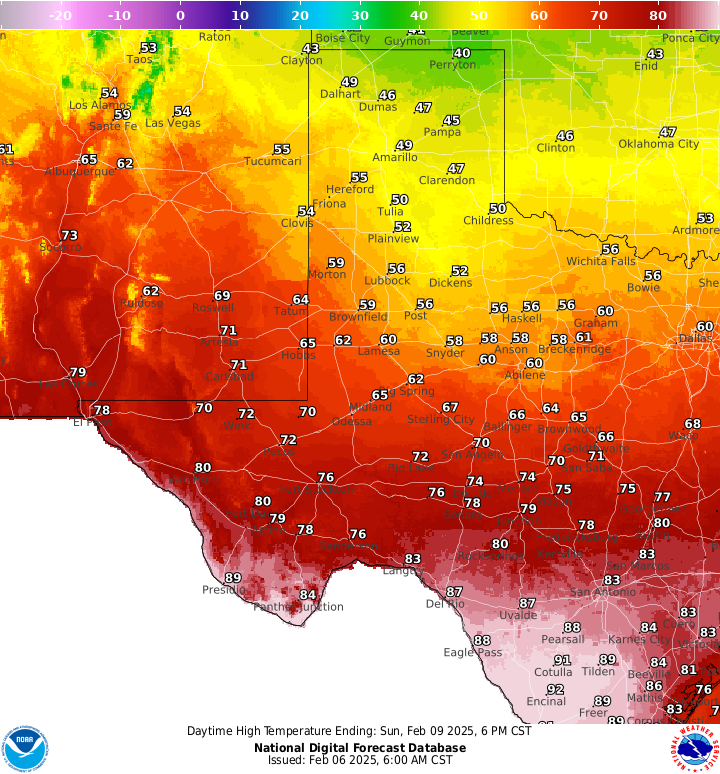
Ohio Gov. Mike DeWine has signed a controversial bill into law that allows law enforcement to charge money for access to public records, like body camera footage.A provision of House Bill 315 lets police departments charge up to $75 per hour or a max of $750 to review, redact and prepare videos for release.Critics such as the ACLU of Ohio said they’re concerned the restrictions will take away transparency and prevent people from getting important information about events like police shootings.Critics also argued that this provision was added to the bill at the very end of the legislative session with zero public notice.But law enforcement agencies say they have been inundated with requests for footage, bogging down resources.Sgt. Brandon McCroskey with the Fairfield Township Police Department showed WLWT a binder full of recent requests.”Here’s just the internet requests,” McCroskey said.Most in the binder were from web based organizations and video bloggers.”This alone would take a huge amount of time,” McCroskey said.One website is seeking body camera footage from more than a dozen cases in the township. That’s hours upon hours worth of footage. “Every officer’s video has to be gone through minute by minute, frame by frame,” McCroskey explained.He said that’s because law enforcement agencies are required to redact every piece of video that’s not public record or that could jeopardize victims’ rights.”If I’m sitting here for five, six hours going through video, or we have someone here that’s doing that, why should the citizens of Fairfield Township — or whatever jurisdiction — have to pay that and then turn it over to an entity that’s making money off of it,” McCroskey said. “It’s extremely, extremely costly, and unfortunately, our tax payers are the ones that are paying for it.”McCroskey said they’re in full support of transparency, but public records laws need to catch up with the times.”We’re not hiding the ball. But, there has to be a fairness to the taxpayers and to the community,” McCroskey said. “It’s extremely time consuming, and it’s time law enforcement’s not spending on the street focusing on law enforcement but spending time redacting and going through video footage.”DeWine did veto another provision in the bill that would prevent the state medical board from punishing doctors who express controversial medical opinions.
Ohio Gov. Mike DeWine has signed a controversial bill into law that allows law enforcement to charge money for access to public records, like body camera footage.
A provision of House Bill 315 lets police departments charge up to $75 per hour or a max of $750 to review, redact and prepare videos for release.
Critics such as the ACLU of Ohio said they’re concerned the restrictions will take away transparency and prevent people from getting important information about events like police shootings.
Critics also argued that this provision was added to the bill at the very end of the legislative session with zero public notice.
But law enforcement agencies say they have been inundated with requests for footage, bogging down resources.
Sgt. Brandon McCroskey with the Fairfield Township Police Department showed WLWT a binder full of recent requests.
“Here’s just the internet requests,” McCroskey said.
Most in the binder were from web based organizations and video bloggers.
“This alone would take a huge amount of time,” McCroskey said.
One website is seeking body camera footage from more than a dozen cases in the township. That’s hours upon hours worth of footage.
“Every officer’s video has to be gone through minute by minute, frame by frame,” McCroskey explained.
He said that’s because law enforcement agencies are required to redact every piece of video that’s not public record or that could jeopardize victims’ rights.
“If I’m sitting here for five, six hours going through video, or we have someone here that’s doing that, why should the citizens of Fairfield Township — or whatever jurisdiction — have to pay that and then turn it over to an entity that’s making money off of it,” McCroskey said. “It’s extremely, extremely costly, and unfortunately, our tax payers are the ones that are paying for it.”
McCroskey said they’re in full support of transparency, but public records laws need to catch up with the times.
“We’re not hiding the ball. But, there has to be a fairness to the taxpayers and to the community,” McCroskey said. “It’s extremely time consuming, and it’s time law enforcement’s not spending on the street focusing on law enforcement but spending time redacting and going through video footage.”
DeWine did veto another provision in the bill that would prevent the state medical board from punishing doctors who express controversial medical opinions.
</div>
#DeWine #signs #controversial #bill #allowing #fees #public #records








Leave a Reply